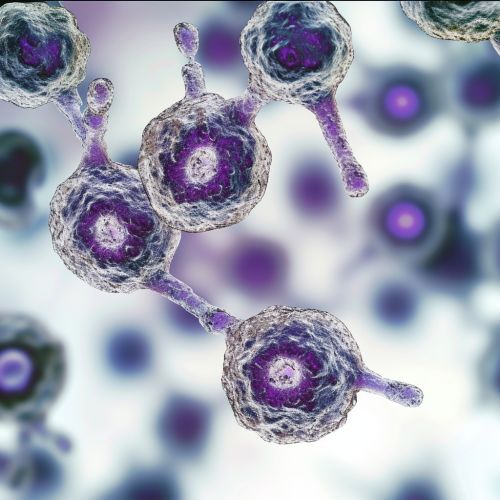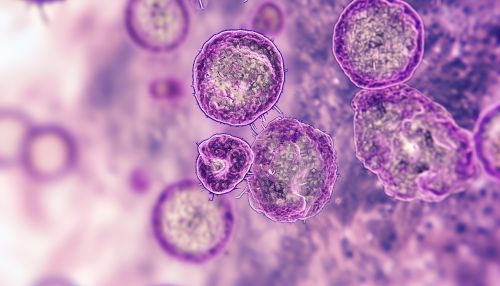Syphilis
Introduction
Syphilis is a sexually transmitted infection caused by the bacterium Treponema pallidum. It is a systemic disease with multiple stages and varied clinical manifestations. The infection is primarily transmitted through sexual contact, but can also be passed from mother to child during pregnancy, a condition known as congenital syphilis.


Etiology
The causative agent of syphilis is Treponema pallidum, a spirochete bacterium. The bacterium is highly invasive and can penetrate intact mucous membranes or damaged skin. Once inside the host, Treponema pallidum can disseminate rapidly to produce systemic infection.
Pathogenesis
The pathogenesis of syphilis is complex and involves an initial phase of multiplication of the spirochetes at the site of inoculation, followed by dissemination to various organs and tissues. The bacterium induces an inflammatory response, leading to the formation of a chancre, the primary lesion of syphilis.
Clinical Manifestations
Syphilis is characterized by distinct stages, each with its own clinical manifestations. These stages are primary, secondary, latent, and tertiary syphilis.
Primary Syphilis
Primary syphilis is characterized by the appearance of a chancre at the site of inoculation. The chancre is typically painless and may go unnoticed, particularly when it occurs in less visible areas such as the cervix or anus.
Secondary Syphilis
Secondary syphilis occurs several weeks to months after the primary stage. It is characterized by systemic manifestations including fever, malaise, and a characteristic skin rash.
Latent Syphilis
Latent syphilis is a period of asymptomatic infection. It is divided into early and late latent syphilis, depending on the duration of infection.
Tertiary Syphilis
Tertiary syphilis is the final stage of the disease and can occur years or even decades after the initial infection. It is characterized by the formation of gummas, destructive lesions that can affect any organ system.
Diagnosis
Diagnosis of syphilis is typically made through serological testing. The two main types of tests are non-treponemal tests, such as the Rapid Plasma Reagin (RPR) test, and treponemal tests, such as the Treponema Pallidum Particle Agglutination Assay (TPPA).
Treatment
Syphilis is treatable with antibiotics. The first-line treatment for all stages of syphilis is penicillin. Alternative treatments are available for those with penicillin allergy.
Prevention
Prevention of syphilis primarily involves safe sexual practices, including the use of condoms and regular testing for sexually transmitted infections. Pregnant women should be screened for syphilis to prevent congenital syphilis.
Epidemiology
Syphilis is a global health problem, with an estimated 6 million new cases each year. The disease is most prevalent in low- and middle-income countries, particularly in sub-Saharan Africa.
